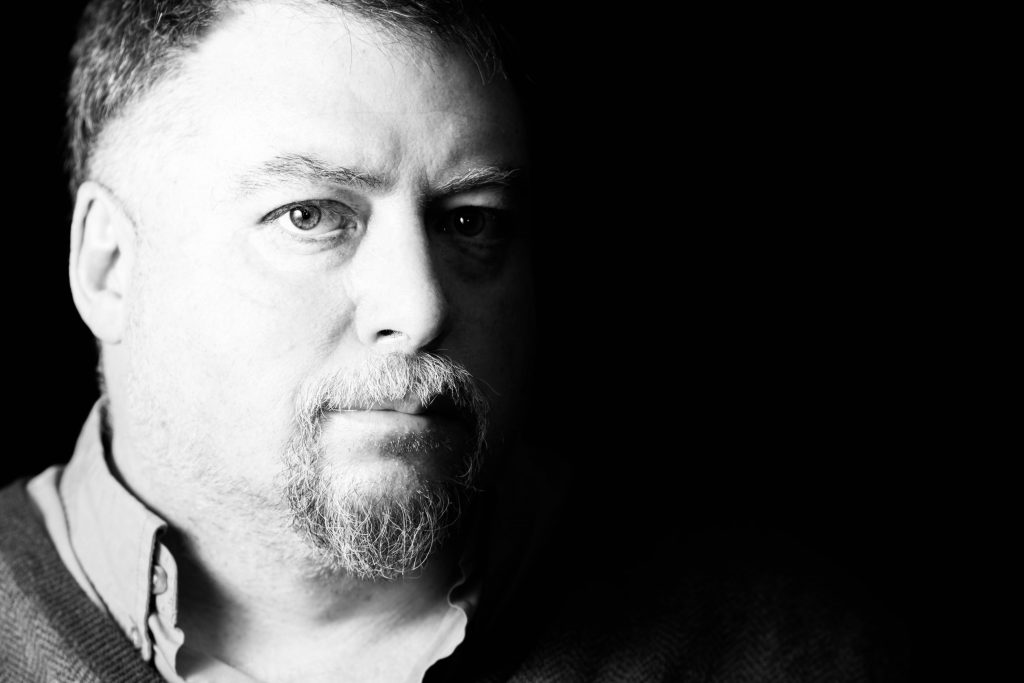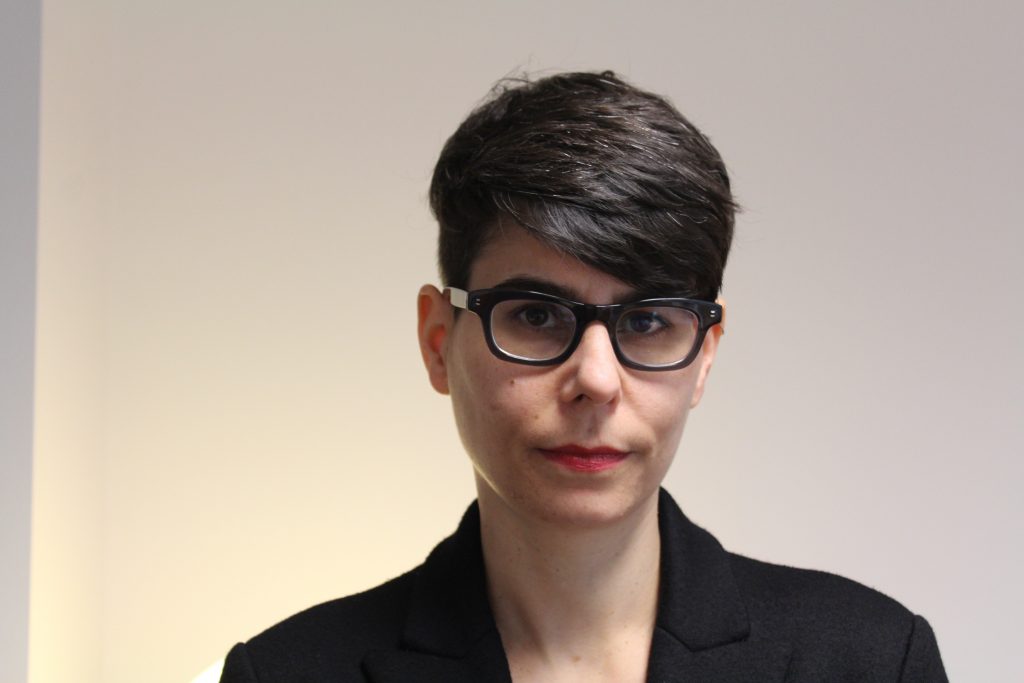Liberal arts is the teaching of flexibility, adaptability, preparation for uncertain future (career, life) circumstances. [UNCERTAINTY]
Liberal arts is the just-in-time combination of multiple disciplines, skills and methods. [RECOMBINATION]
Liberal arts is education in how to learn without further formal education. [AUTODIDACTICISM]
Liberal arts is critical thinking and the expressive skills that go along with it. [CRITICAL THINKING]
Liberal arts is the humanities and humanistic approaches to knowledge. [HUMANITIES]
Liberal arts is a core set of discrete skills and ways of knowing that are at the heart of all secondary or derivative disciplines or methods. [CORE CURRICULUM]
Liberal arts is a set of universal competencies and pieces of knowledge necessary to be an educated citizen. [CITIZENSHIP]
Liberal arts is the Western tradition. [WESTERN TRADITION]
Liberal arts is the opposite of vocational education. It is education that has no direct instrumental purpose. [ANTI-VOCATIONAL]
Liberal arts is the current status quo range of disciplines, departments and curricular programs in most American universities and colleges.. [STATUS QUO]
Liberal arts is what they do at small private residential colleges in the United States. [INSTITUTION or SMALL COLLEGE]
Liberal arts is an educational approach intended to produce character, moral discipline and mental rigor in young people in order to prepare them for enlightened leadership in government, business and the professions. [CHARACTER]


